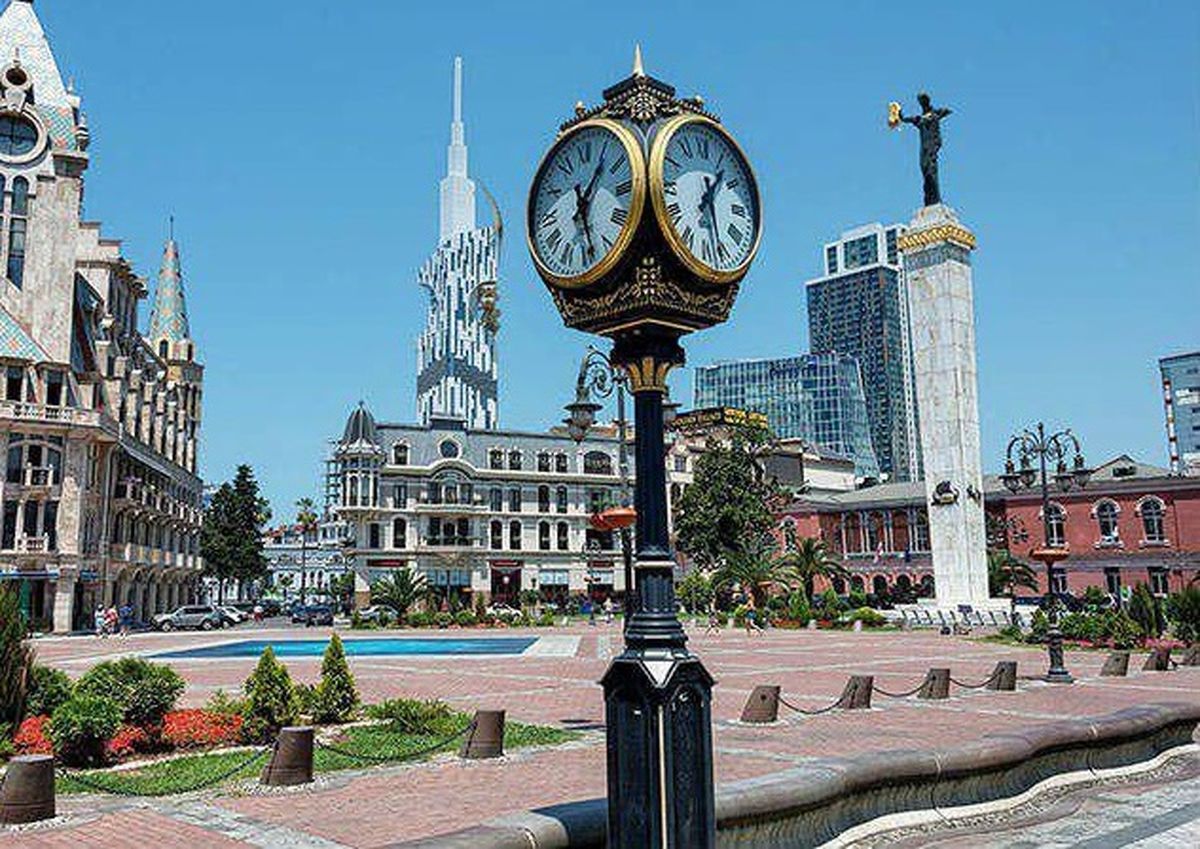Contact Info
- Tbilisi, Georgia
- +995 595 85 85 96
- [email protected]
- Office Hrs: Today 10.00am to 6.00pm
Georgia, a country located at the crossroads of Europe and Asia, has been attracting an increasing number of expatriates in recent years. Expats from all over the world are drawn to Georgia for various reasons, including its picturesque landscapes, rich cultural heritage, and affordable living costs. However, before making the decision to move to Georgia, it is important for expats to understand whether the country is expat-friendly in terms of its economic factors, social and cultural aspects, immigration policies, legal requirements, job opportunities, housing options, education system, healthcare system, integration challenges, and support networks.
Georgia offers a favorable economic environment for expats. The cost of living in Georgia is relatively low compared to many other countries, making it an attractive destination for those seeking a high standard of living at an affordable price. Additionally, the country has a liberal tax policy, which benefits expats by allowing them to keep a larger portion of their income. Furthermore, Georgia’s economy has been steadily growing, creating numerous job opportunities for expats in various sectors, such as finance, IT, tourism, and real estate.

Georgia is known for its warm and hospitable culture, which makes it easier for expats to integrate into the society. Georgians are generally welcoming and friendly towards foreigners, making it easier for expats to establish social connections and build a support network. Moreover, the country offers a vibrant cultural scene, with numerous festivals, art exhibitions, and traditional events throughout the year. Expats can immerse themselves in Georgian culture and have a rich experience exploring the country’s history, traditions, and cuisine.
Georgia has relatively relaxed immigration policies, making it easier for expats to obtain residency permits and work permits. The country offers several options for expats, including temporary residence permits, long-term residence permits, and citizenship. The process of obtaining residency and work permits is generally straightforward, with minimal bureaucracy involved. However, it is important for expats to familiarize themselves with the specific requirements and procedures to ensure a smooth transition to living in Georgia.
Expats living in Georgia are subject to certain legal requirements. This includes registering their place of residence with the local authorities, obtaining a tax identification number, and complying with local laws and regulations. It is important for expats to be aware of their rights and responsibilities under Georgian law to avoid any legal issues during their stay. Additionally, expats should consider consulting with a legal professional to navigate the legal landscape and ensure compliance with all applicable regulations.
Georgia offers a range of job opportunities for expats, particularly in sectors such as finance, IT, tourism, and real estate. The country has implemented various measures to attract foreign investment and promote entrepreneurship, creating a favorable business environment for expats looking to start their own ventures. Additionally, the government has introduced initiatives to attract highly skilled professionals from abroad, offering incentives such as tax breaks and streamlined visa processes. Expats with the right qualifications and experience can find rewarding career opportunities in Georgia.
Expats in Georgia have a wide range of housing options to choose from. The country offers affordable rental properties, with both furnished and unfurnished apartments available in major cities like Tbilisi and Batumi. Expats can also consider purchasing property in Georgia, as the real estate market is relatively affordable compared to many other countries. Additionally, there are numerous real estate agencies that cater specifically to expats, making the process of finding suitable accommodation easier and more efficient.

Georgia has a well-developed education system, which includes both public and private schools. Expats have the option to enroll their children in international schools, which offer curricula based on international standards and provide instruction in English or other foreign languages. These schools often attract a diverse student body from different cultural backgrounds, providing expat children with an opportunity to interact and learn from peers from around the world. The education system in Georgia is constantly evolving and improving, ensuring that expat children receive a quality education.
Georgia has a universal healthcare system, which provides free or low-cost medical services to its citizens and residents. Expats living and working in Georgia are eligible to access the healthcare system by obtaining health insurance or enrolling in the state program. The quality of healthcare in Georgia varies, with major cities offering better facilities and services compared to rural areas. Expats should consider obtaining comprehensive health insurance to ensure they have access to the best healthcare options available.
While Georgia is generally a welcoming society for expats, there can be some integration challenges. The language barrier, for example, can be a significant hurdle, as Georgian is the official language and English proficiency levels among the local population may vary. Expats may also face cultural differences and need time to adjust to the local customs and way of life. However, with patience, an open mind, and active participation in community activities, expats can overcome these challenges and build meaningful connections with the local community.

Expats in Georgia have access to various support networks that can help them adjust to life in the country. There are numerous expat communities and social groups that organize events, activities, and networking opportunities, allowing expats to connect with like-minded individuals and share experiences. Additionally, there are several online platforms and forums where expats can seek advice, recommendations, and assistance from fellow expats who have already navigated the challenges of living in Georgia. These support networks play a crucial role in helping expats feel welcomed and supported in their new home.
Considering the economic factors, social and cultural aspects, immigration policies, legal requirements, job opportunities, housing options, education system, healthcare system, integration challenges, and support networks, Georgia can be considered a welcoming society for expats. The country offers a favorable economic climate, a warm and hospitable culture, relaxed immigration policies, a range of job opportunities, affordable housing options, a well-developed education system, and a universal healthcare system. While there may be some challenges to integration, expats have access to support networks that can help them navigate these obstacles and thrive in their new life in Georgia.

Leave A Comment